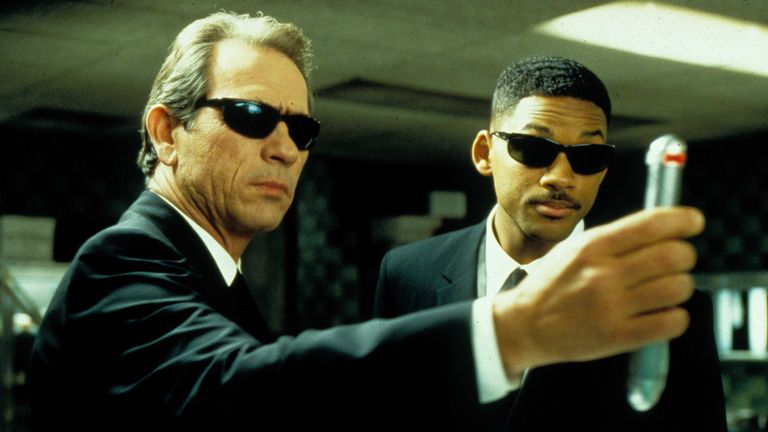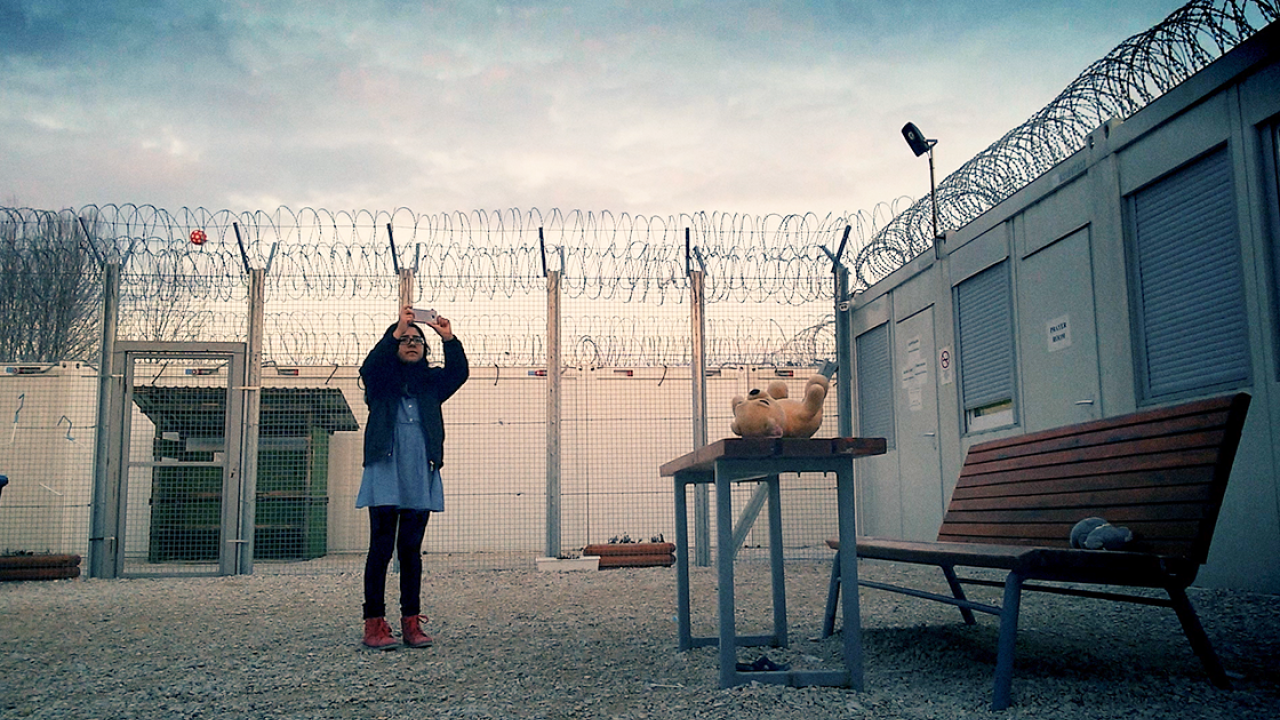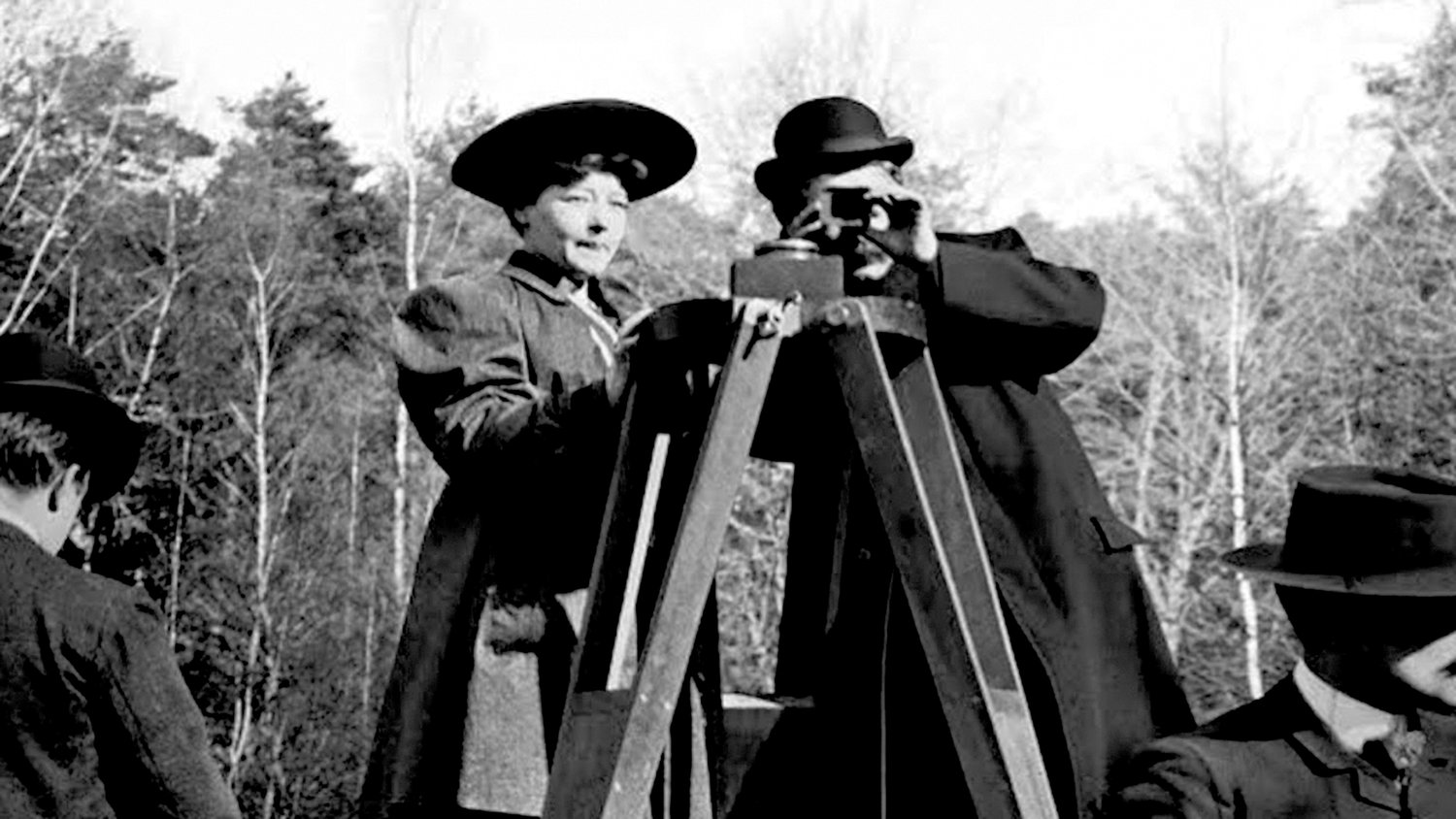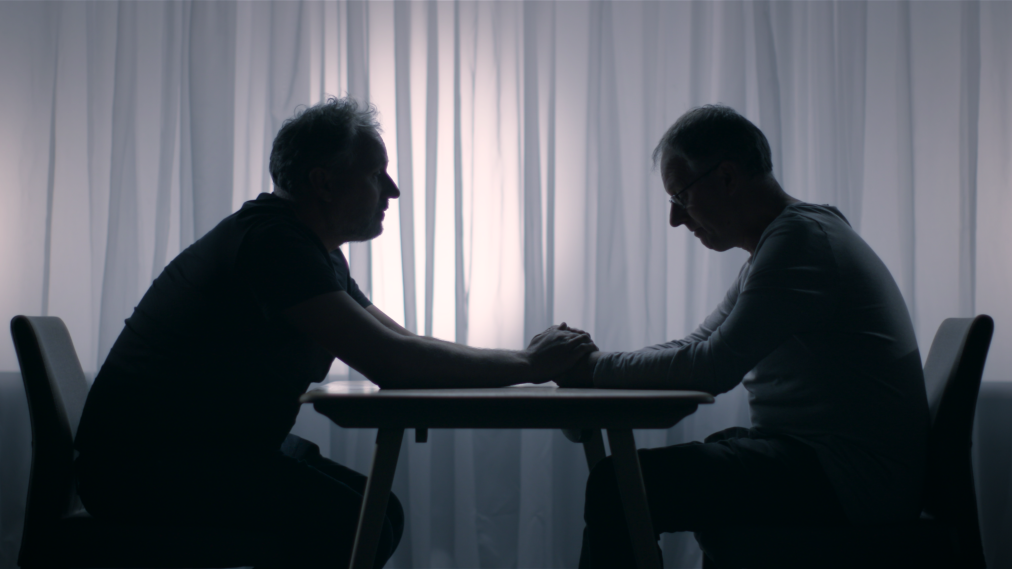Top Ten Films at the UK Box Office
for the weekend of January 24-26, 2020:
1 (1) 1917 (15) ***
2 (2) Bad Boys for Life (15) ***
3 (new) The Personal History of David Copperfield (PG) ****
4 (3) Little Women (U) ****
5 (5) Jumanji: The Next Level (PG)
6 (4) The Gentlemen (18) **
7 (6) Star Wars: The Rise of Skywalker (12A)
8 (11) Spies in Disguise (PG)
9 (8) Jojo Rabbit (12A) **
10 (new) Paw Patrol: Ready, Race, Rescue! (U)
(source: BFI)
My top five:
1. A Hidden Life
2. La Dolce Vita
3. The Personal History of David Copperfield
4. Midnight Traveller
5. Be Natural: The Untold Story of Alice Guy-Blaché
Home entertainment Top Ten (DVD/Blu-Ray/Download):
1 (1) Rambo: Last Blood (18)
2 (5) Once Upon a Time... in Hollywood (18) ***
3 (3) Downton Abbey: the Movie (PG)
4 (2) It: Chapter Two (15) **
5 (13) Spider-Man: Far from Home (12) ***
6 (11) Rocketman (15) ***
7 (7) Hustlers (15) ***
8 (10) Fast & Furious: Hobbs & Shaw (12) **
9 (19) Yesterday (12) **
10 (17) The Secret Life of Pets 2 (U)
(source: officialcharts.com)
My top five:
1. Bait
2. Inna de Yard
3. The Farewell
4. By the Grace of God
5. Animals
Top five films on terrestrial television:
1. Men in Black [above] (Sunday, C4, 4,40pm)
2. Creed (Thursday, five, 10.20pm)
3. Up in the Air (Saturday, BBC2, 12midnight)
4. Yentl (Thursday, BBC2, 3.05pm)
5. American Sniper (Saturday, ITV1, 10.40pm)












